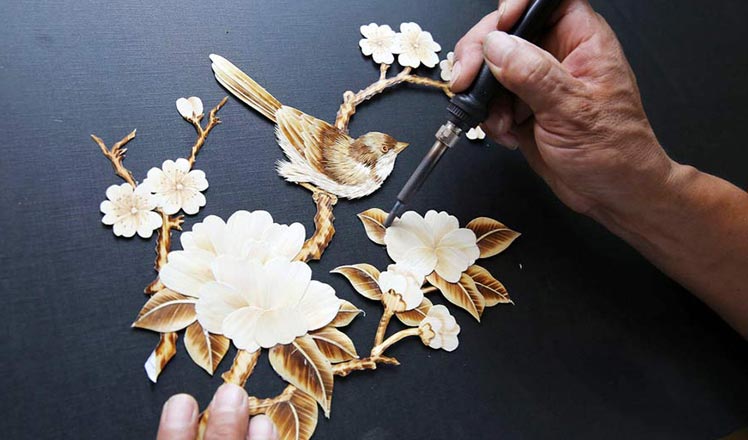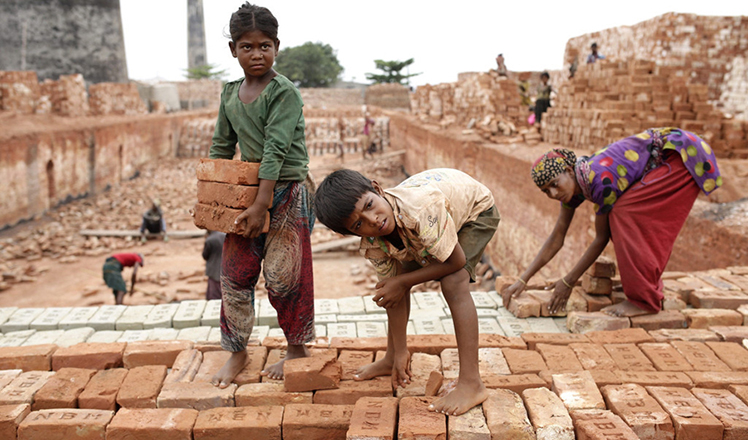Cuba seeks to further develop nickel industry despite low prices
Updated: 2016-06-15 10:30
(Xinhua)
|
||||||||
 |
|
Workers walk at the nickel plant Pedro Soto Alba in the eastern city of Moa, Cuba, June 10, 2016. [Photo/Agencies] |
MOA, Cuba - Cuba seeks foreign investment for its nickel industry despite sharp price falls, industry officials have said.
Nickel is a major foreign currency earner for Cuba. There are two plants in the city of Moa, some 900 km east of Havana. Despite the recent slump in nickel prices, state firm Cubaniquel continues to look to foreign investment to increase capacity in the near future.
"The industry produces around $700 million to $800 million per year for the Cuban economy and nickel along with cobalt continues to be the main exportable good for the island," Eder Oliveros, general director of Cubaniquel, told Xinhua during a visit to the Pedro Soto Alba plant, a joint venture between Cubaniquel and Canadian mining company Sherritt International Corp.
Nickel prices had been projected at $14,000 per ton, but now they are hovering around 8,600 due to decreasing demand around the world.
Scott McPherson, Sherritt representative at the plant, said that the partnership with Cuba has brought benefits to both sides since the Canadian company first started operation on the island in 1994, and that it will continue to exploit the mines to produce high quantities of exportable nickel.
"We can be very competitive in the market as we're one of the top world producers at low cost and therefore we're expanding to export more nickel. This plant might be old but it has high-end technology and production rates are very high," McPherson told Xinhua.
According to the Canadian executive, output at the Pedro Soto Alba plant will continue to run at full capacity, producing 37,500 tons per year with reserves to last another 25 years at the nearby mines.
The state-owned Che Guevara nickel plant is expected to produce 18,500 tons this year, well below its 30,000-ton capacity.
"For next year, we'll maintain the output rates for both plants but the issue of prices is having a significant impact on the facilities' results and projections," Oliveros noted.
He said the island is currently looking to partner with foreign companies in the nickel industry and there has been interest from corporations in Brazil, China, and South Africa.
"There are reserves in the mines around Moa for another 20 to 25 years of exploitation if we maintain the current rate of production," he added.
Cuban industry officials also expressed the hope that US economic sanctions would be lifted in the near future, so the nickel industry could export to the country and import parts for its plants.
Nickel and cobalt mines are also being explored in the nearby location of Pinares de Mayari, as well as the eastern province of Camaguey. In addition, studies on water reserves all over the island also show new sources of the minerals.
Cuba's nickel ranks among the top 10 in the world and is seen as an important source of revenue in the future for the island.
- Orlando massacre sparks gun-control bill
- Cambridge students celebrate end of exams with cardboard boat race
- Pensions for elderly threatened if Brexit wins, warns British PM
- Park calls for national unity on peninsula's denuclearization
- 232 Indian cadets take part in parade in Bhopal
- UK's Cameron warns health services, pensions could face cuts post-Brexit

 Turning straw to gold: folk artist's straw pyrography
Turning straw to gold: folk artist's straw pyrography
 People in shock after Florida nightclub shooting
People in shock after Florida nightclub shooting
 Shanghai Disneyland all set for official opening on Thursday
Shanghai Disneyland all set for official opening on Thursday
 British pageantry on parade for Queen's official birthday
British pageantry on parade for Queen's official birthday
 Carrying bricks to selling carrots: Life of child laborers
Carrying bricks to selling carrots: Life of child laborers
 Graduate revisits same university spot 19 years later
Graduate revisits same university spot 19 years later
 Euro powers land in France for UEFA EURO 2016
Euro powers land in France for UEFA EURO 2016
 The most unusualgaokao candidates in 2016
The most unusualgaokao candidates in 2016
Most Viewed
Editor's Picks

|

|

|

|

|

|
Today's Top News
Abe's blame game reveals his policies failing to get results
Ending wildlife trafficking must be policy priority in Asia
Effects of supply-side reform take time to be seen
Chinese State Councilor Yang Jiechi to meet Kerry
Chinese stocks surge on back of MSCI rumors
Liang avoids jail in shooting death
China's finance minister addresses ratings downgrade
Duke alumni visit Chinese Embassy
US Weekly

|

|







